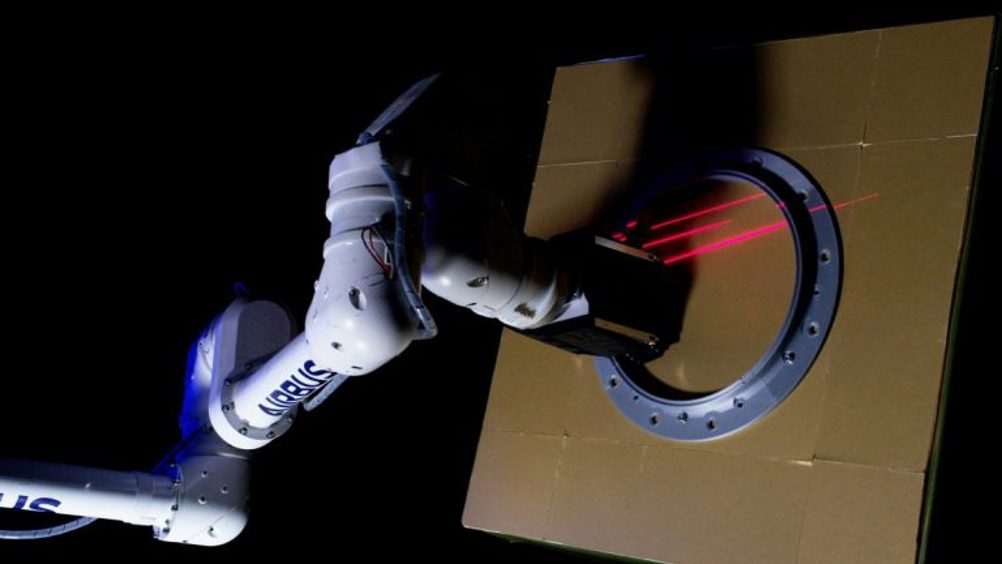Airbus and Astroscale UK to explore collaboration in on-orbit servicing programmes
Airbus Defence and Space and Astroscale UK have signed a Memorandum of Understanding (MoU) to explore collaborative opportunities in the field of on-orbit servicing and space debris removal.

The partnership aims to address the growing challenges of space sustainability and satellite longevity, with a particular focus on advancing the UK’s efforts in the on-orbit servicing and manufacturing industry and building a circular economy in space.
According to the partners, this collaboration is working to five key objectives, including space debris removal: exploring innovative methods to identify, capture, and remove space debris from Earth’s orbit, which is ‘critical’ for ensuring the safety of current and future space missions and maintaining a sustainable space environment.
On-orbit servicing research will aim to develop technologies and solutions for the maintenance, repair, and enhancement of satellites while in orbit. This effort aims to extend the operational lifespan of satellites, reduce space debris, and improve the overall efficiency of space operations.
The development of on-orbit rendezvous and proximity operations could enhance capabilities for precise and safe satellite manoeuvring in space, including the improvement of navigation and docking technologies essential for satellite servicing and debris removal missions.
Register now to continue reading
Thanks for visiting The Engineer. You’ve now reached your monthly limit of news stories. Register for free to unlock unlimited access to all of our news coverage, as well as premium content including opinion, in-depth features and special reports.
Benefits of registering
-
In-depth insights and coverage of key emerging trends
-
Unrestricted access to special reports throughout the year
-
Daily technology news delivered straight to your inbox










Water Sector Talent Exodus Could Cripple The Sector
Maybe if things are essential for the running of a country and we want to pay a fair price we should be running these utilities on a not for profit...